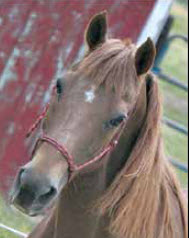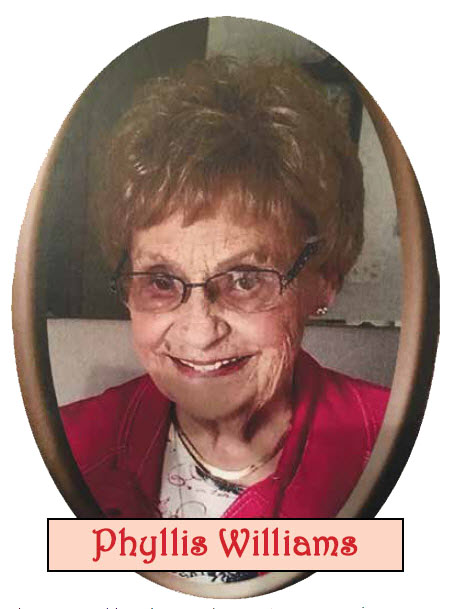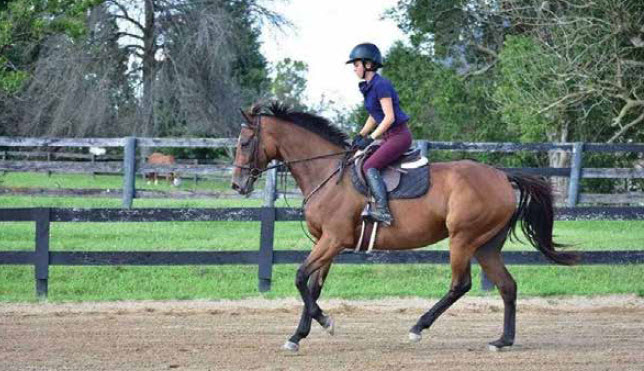Timely Transitions
 By: Deb Kitchenmaster
By: Deb Kitchenmaster
As many of you know, my mother, Phyllis Williams, has been transitioning for the past six months. Mother was born on December 3, 1930. In June, we were called by Hospice, who gave her seventy-two hours according to her vitals at that time. Mother would come in and out of consciousness. We gathered around her, offering her the one thing each of us had — our presence.
Some of the things we heard out of our mother’s lips were: “Oh! A white horse”… “What a cute little boy”…“Your eyes! You have such beautiful eyes!”
One day at a time was our “rhythm,” and in that rhythm, Mother bounced out and back to consciousness and conversations. She had gotten down to 104 pounds and was putting on some weight, with the loving care of the Hospice workers.
When September rolled around, Mother’s condition declined to non-verbal and deep sleep. I flew back and spent some time with her, interrupting her silence with stories and expressions of loving gratitude as memories would come to mind. I was aware upon leaving her room that this possibly would be the last time I saw her alive.

Monday, September 30, Hospice called saying that Mother wasn’t going to be with us much longer. I questioned whether to catch a flight and join my siblings who were at her side. Peace directed me to “wait,” so I did. Monday, Tuesday, Wednesday we were in touch with each other over the phone and THEN something happened! It was 2:00 in the morning and I woke to a strong presence in my room. I “knew in my knower” it was Mother. I heard (not audibly), “I need you to come.” I said, “OK, Mom. OK.”
Friday morning, October 4, I was on a Southwest plane heading to Des Moines, Iowa, arriving at Mother’s room at 1:10 p.m. I joined my siblings who were all there–one older sister and my two younger brothers. In the five hours we were together, I mentioned that I had had no intentions of coming back UNTIL Mother “showed up” again Thursday morning at two o’clock. Each of my siblings’ heads whipped around in astonishment, which told me that each of them had had the exact same experience. Two o’clock Thursday morning! I listened as each shared where they were when Mother came to them and how aware they were of her presence. At 6:10 p.m., we were with our mother when she took her last breath and then exhaled. It was October 4, or 10/4. “Ten-four” was one of Mother’s frequent responses instead of “Okay,” or “Sure.” She had been a CB woman back in the day. Mother wanted her four children to be with her when she stepped out of her physical body. We were.
Timing is relevant. Transition is life; a life of changing, shifting, moving, and switching. When it comes to our horses, timing is so important when it comes to transition. Some mares want you present when they foal. Some mares don’t. I’ve heard numerous stories of how someone stepped out just for a moment to get a cup of coffee or use the restroom and in that moment a foal was birthed. What about the transition between a walk and a canter? Timing is crucial. The nose of the horse and the front leg of the horse, which set your horse up for success, are all about timing to bring about transition. The more transitions you make when you’re riding, the more responsive and engaged your horse will become. He’ll also become physically stronger, especially through his back and hindquarters, which only make the transitions better.

Transitions are the ultimate exercise for training the horse to be better at balance and collection. Transitions can be used to increase or decrease speed, and to keep the horse paying attention to the rider. A horse that is feeling a little energetic can be helped to focus on frequent changes of transitions. A horse that is being a bit lazy can be motivated by working through transitions. Getting a smooth transition requires developing “feel.” When you are going for an upward transition (walk/trot), you will need to be sitting balanced. Use your mind to envision exactly what you want to do. Drive the horse forward with your seat and legs. Exhale as you give the cue. And in this breath, I’d like to wish each of you a lovely Thanksgiving.
By: Deb Kitchenmaster